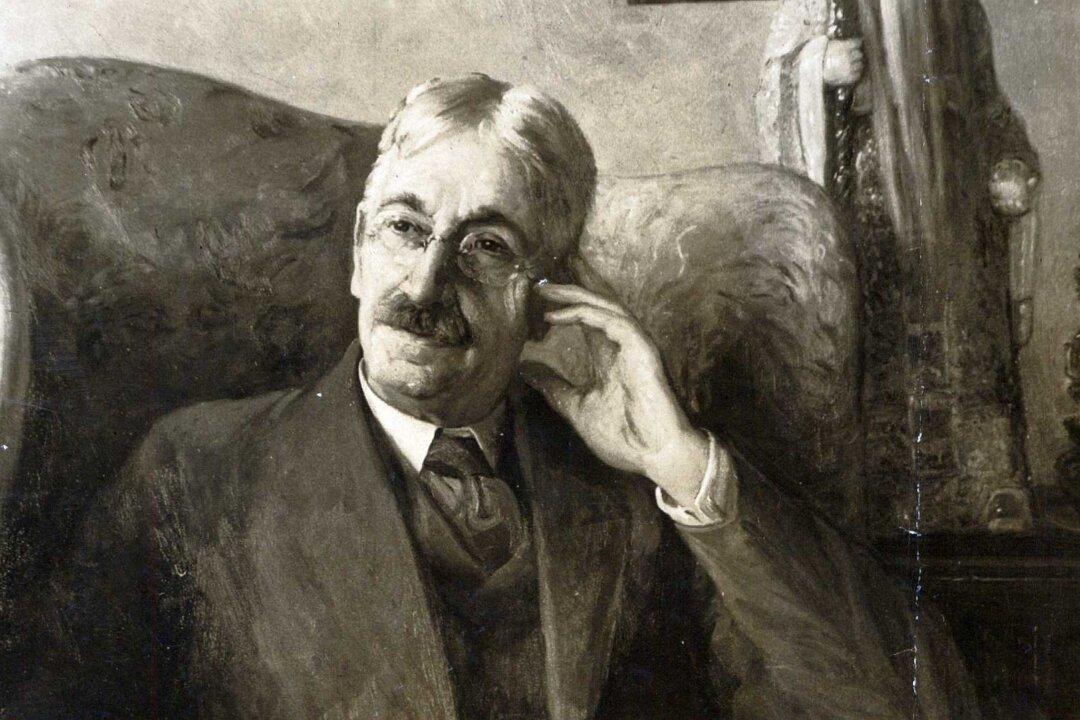Commentary
Today, regardless of partisanship, the idea that schools should teach “critical thinking” or how to think over what to think, wins general approval.

Today, regardless of partisanship, the idea that schools should teach “critical thinking” or how to think over what to think, wins general approval.